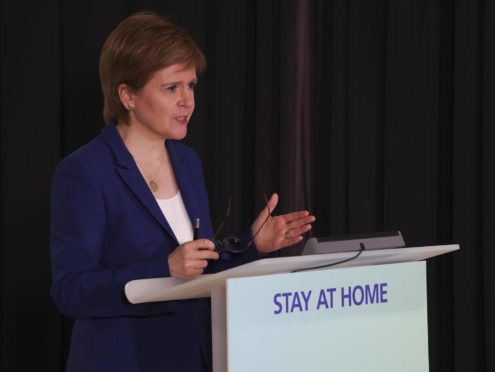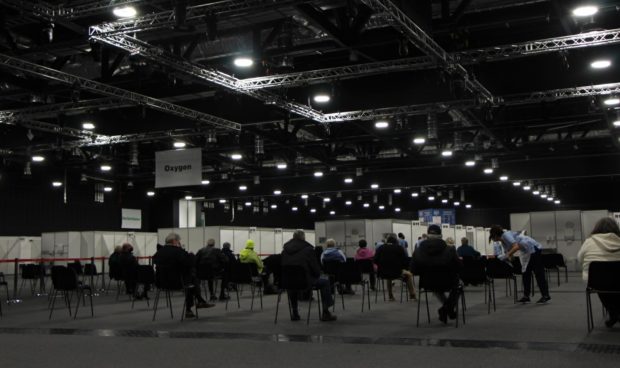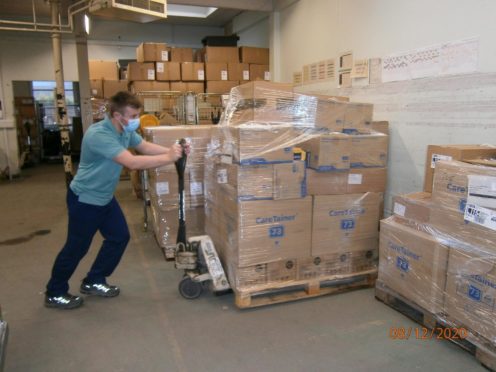The Scottish Government is urging people to be vigilant against “despicable” scammers who are trying to make money from the Covid-19 vaccine.
First Minister Nicola Sturgeon said reports had been received of fraudsters targeting people by phone or e-mail about their vaccine appointments.
Speaking at the daily briefing, Ms Sturgeon warned people to be on the lookout and stressed that the vaccine is free.
“I’m afraid we are becoming aware about some scam emails and messages which are being sent out about vaccine appointments,” she said.
The jab is free, and NHS Scotland will never ask for financial information so people are being urged not to share any bank details.
Ms Sturgeon said: “In addition, NHS Scotland is not using email to contact people, so if you receive an e-mail about your vaccination appointment it will be a fake so please do not interact with it.”
Marjorie Gibson, head of operations with Advice Direct Scotland which runs consumeradvice.scot, echoed the first minister’s message.
She said: “It is despicable that scammers are trying to take advantage of the vaccine programme and preying on anxious Scots.
“Everyone should follow the first minister’s warning and never supply their bank details in connection with the coronavirus vaccine.”
She added that the organisation can provide free advice to anyone concerned about the scam, or that to help crackdown on the “disgusting” behaviour, people can report it via the ScamWatch tool.
Vaccines are going ahead despite severe snow, with routes around mass vaccination centres such as the P&J Live in Aberdeen being treated as a priority.
However, the number of people inoculated in Scotland may fall due to an increase in weather-related cancellations.
So far, 928,122 people have been given a first dose of a coronavirus vaccine, up 61,299 from Monday.
Ms Sturgeon also said that supplies of vaccines in Scotland will “slightly dip” in the coming weeks as part of a UK-wide issue.
She said: “We’ll have to think about the balance of doses that we have available that go to second doses versus the additional people we want to give first doses to.”
The first minister said she remained determined to ensure those over the age of 50 and anyone with an underlying health condition will receive their first dose by the start of May.


